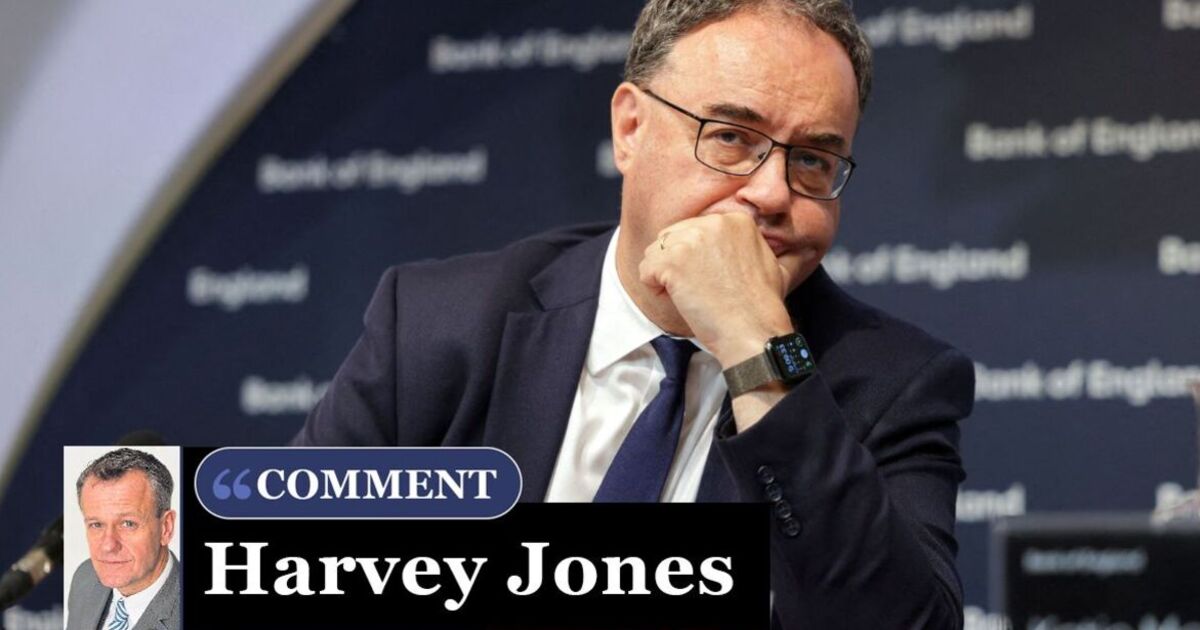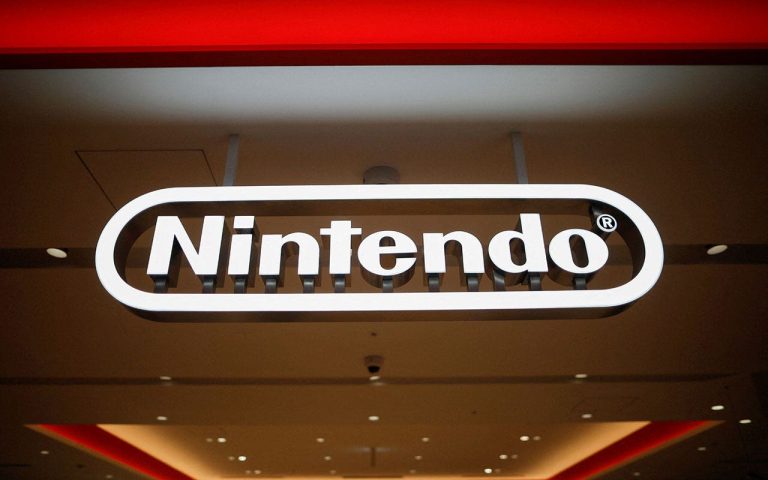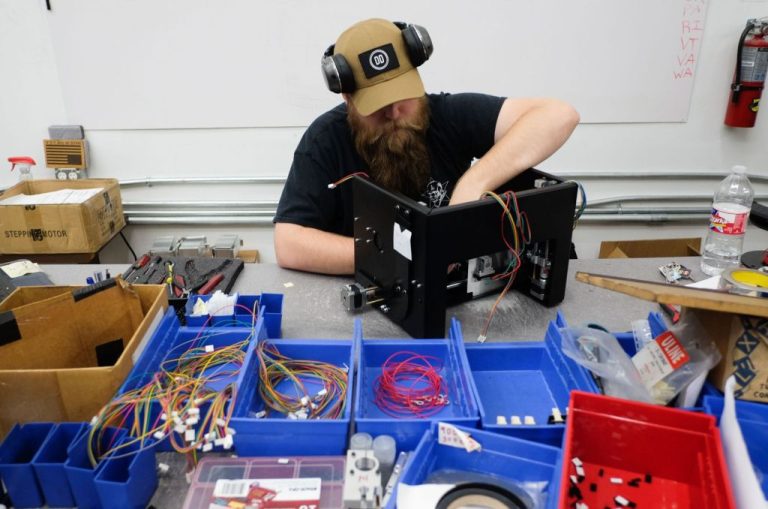
Instead, Bailey he vowed to “learn” from brutal criticisms of the BoE’s performance outlined in an investigation led by former Federal Reserve chairman Ben Bernanke. I don’t believe it for a moment.
That word “learn” is a weaselly one these days, isn’t it? It’s what celebrities pledge to do after being called out for saying something they shouldn’t on social media.
Bailey isn’t going to learn anything. He never does.
We’ve seen that over the last few years, when he has made one mistake after another, and hasn’t picked up a shred of humility or insight from any of them.
With supreme arrogance, our central bank supremo tried to deflect yesterday’s criticism by grandly saying: “We don’t do hindsight”.
That doesn’t surprise me. There are loads of thing Bailey doesn’t do. Foresight being the most obvious one.
Bailey went on to say, in his characteristically obtuse manner: “I don’t think it is appropriate to consider whether we would have made different decisions.”
Well I do.
If we don’t examine why we made bad decisions, how can we ever “learn” from them?
Mr Bernanke is a former US Federal Reserve chairman he knows what he’s talking about when he tears apart the BoE’s forecasting abilities.
Even a broken clock is right twice a day. The BoE can’t even manage that.
The BoE established itself as the Michael Fish of forecasters for failing to predict the devastating 2008 financial crisis.
It then kept interest rates too low for too long, slashing them almost to zero in March 2009, and keeping them there for a dozen years.
That destroyed people’s savings, because they got no interest on their cash, while inflating a property bubble that has locked the younger generation out of the housing market.
This also helped fuel today’s inflationary fires, but when the first smoke appeared, Bailey famously described the threat as “transitory”.
That was more than two-and-a-half years ago.
As a result, the BoE was too slow to increase interest rates, which forced it to be more aggressive later.
To be fair, other central bankers did the same, including the Federal Reserve under a certain Mr Bernanke. That’s no excuse, though.
The BoE slavishly followed the Fed instead of exercising its own judgement. It continues to do so today.
I believe it should have started cutting interest rates now. But it refuses to do so. Why? because the Fed isn’t cutting and the BoE’s rate-setting monetary policy committee (MPC) is too cowardly to go it alone.
There’s a big difference between the US economy and ours. Theirs is booming, ours isn’t. This means the Yanks can’t afford to cut interest rates. We can and must.
Today’s economic pain will be extended as a result. It’s stupid, costly and unnecessary. People are paying with their homes and their jobs.
That’s okay though, because Bailey has promised to “learn”.
READ MORE: ‘No interest rate cuts in 2024’. Mortgage nightmare after new inflation blow
The BoE’s forecasts on everything from unemployment to recession have been outrageously wrong. That isn’t hindsight. They looked wrong at the time, just as they do today.
There’s no common sense. The MPC succumbed to group think long ago.
It’s made up of a small group of analysts who all think the same and unconsciously exclude experts who take a different view.
Monetarist economists are shunned at the BoE, yet they’re the ones who saw the inflationary storm coming as the money supply rocketed.
Yesterday wasn’t the first time Bailey has refused to except the blame for his many, many errors. The BoE’s default is to blame others.
Its economist Huw Pill even tried to blame you and me, by making the “tone deaf” comment that workers must “accept that they’re worse off” and stop pushing for pay rises, to prevent the economy overheating.
I admit that economic forecasting is tricky. But that’s why we pay Bailey a handsome £575,000 a year. His mistakes have cost us a lot more than that. A staggering £200billion, according to some.
Bailey is not going to learn from yesterday’s criticisms. I suspect he has already forgotten them.






